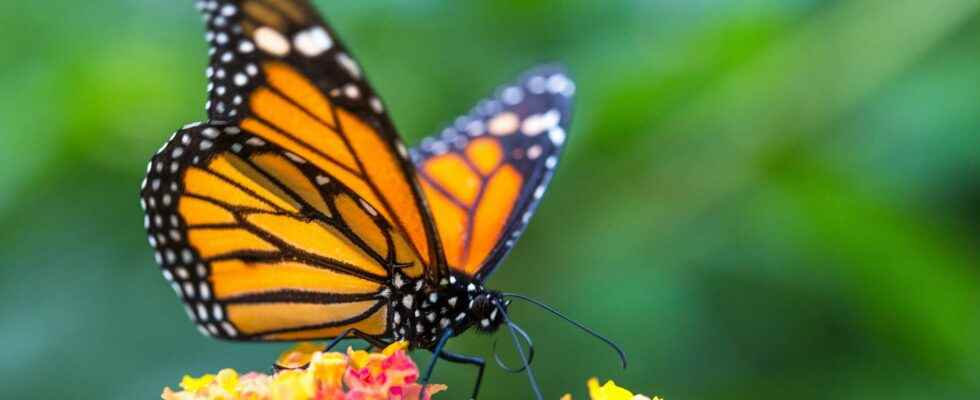The study published in the journal Natureis the first to identify the link between rising temperatures, intensive use of landand the massive disappearance of insects across the entire planet. The researchers studied 20,000 different species of insects in 6,000 localities spread over all regions of the globe.
They compared the number and diversity insects on each area in relation to the level of land degradation linked to agriculture and the progression of global warming in the place. In areas where the land has been transformed by intensive agriculture and where the rise in temperatures is the greatest, the number of insects is 49% lower than in areas that have remained natural and with limited warming.
In these more preserved areas, with agriculture present but more limited and a less significant rise in temperatures, the reduction in the number of insects remains significant despite everything: their population has also decreased by 29%. In habitats that remained 75% natural, the insect population decreased by 7%. Areas where the land is 75% degraded, and where only 25% of natural habitat remains, have seen their insect population decrease by 63%.
Insects are disappearing at an alarming rate in the tropics
tropical regions, known for their biodiversity particularly rich, are those most affected by the disappearance of insects. Intensive agriculture and global warming serve as a double penalty for insects: most of them, especially in tropical areas, need the shade provided by trees and wild plants to survive the heat and at sun hot all day. However, in a warmer context linked to global warming, intensive agriculture has removed a large part of this shadow.
Part of the insects had already begun to disappear before the study and probably even before the discovery of many species
In areas degraded by intensive agriculture, populations of pollinators are 70% lower than in natural soils. The study authors point out that the loss estimated in their study is only the tip of the iceberg and could in fact be much greater.
Part of the insects had already begun to disappear before the study and probably even before the discovery of many species, the world of insects still remaining largely unknown. In addition, the researchers limited themselves to the parameters of warming and land use, without taking into account the effects of pollution.
What are the proposed solutions? There is no question of calling into question the vital need for agricultural fields, but it is necessary to preserve the natural habitats around agricultural areas (hedgeswooded areas…), stop the expansion of intensive agriculture, and reduce emissions of greenhouse gas to limit global warming.
The London researchers recall the primordial importance of insects in the ecosystem: they are key species essential to the food chain, but also for the survival of the human species. Continuing to lose insect populations, and particularly those of pollinators, could threaten our food security In the coming years.
Interested in what you just read?
